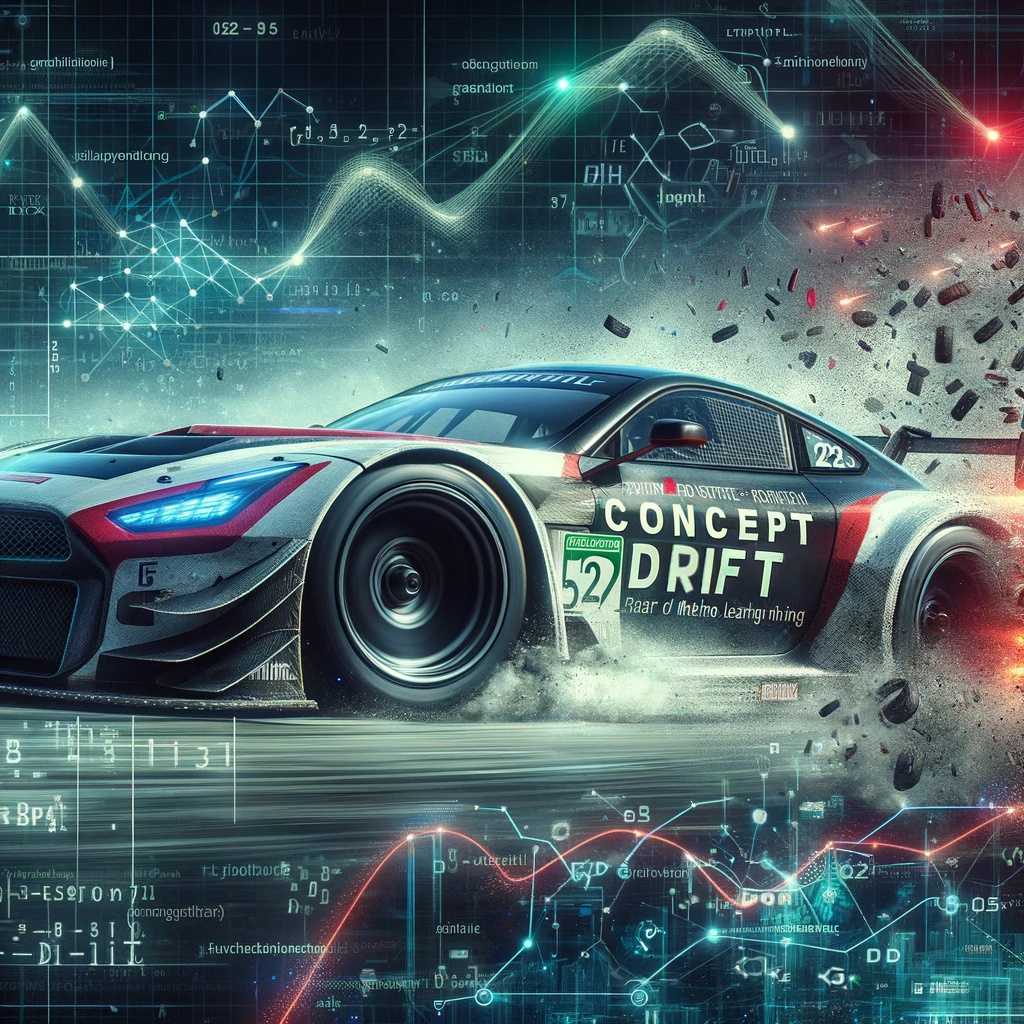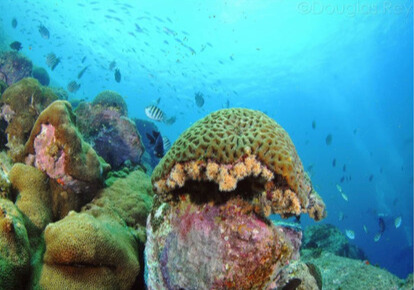DATA SCIENCE & BIG DATA
ABOUT US
___
The Data Science & Big Data is a research Laboratory within the Federal University of Parana (UFPR). Situated at the intersection of the Department of Informatics (DINF) and the Department of Statistics (DEST), our collaborative initiative brings together researchers from both disciplines to push the boundaries of knowledge in many research areas, including Machine Learning, Deep Learning, Statistical Modeling, Hardware Prototyping, and Big Data streams processing.
OUR PROJECTS
___
Learn more about some of our main projects:
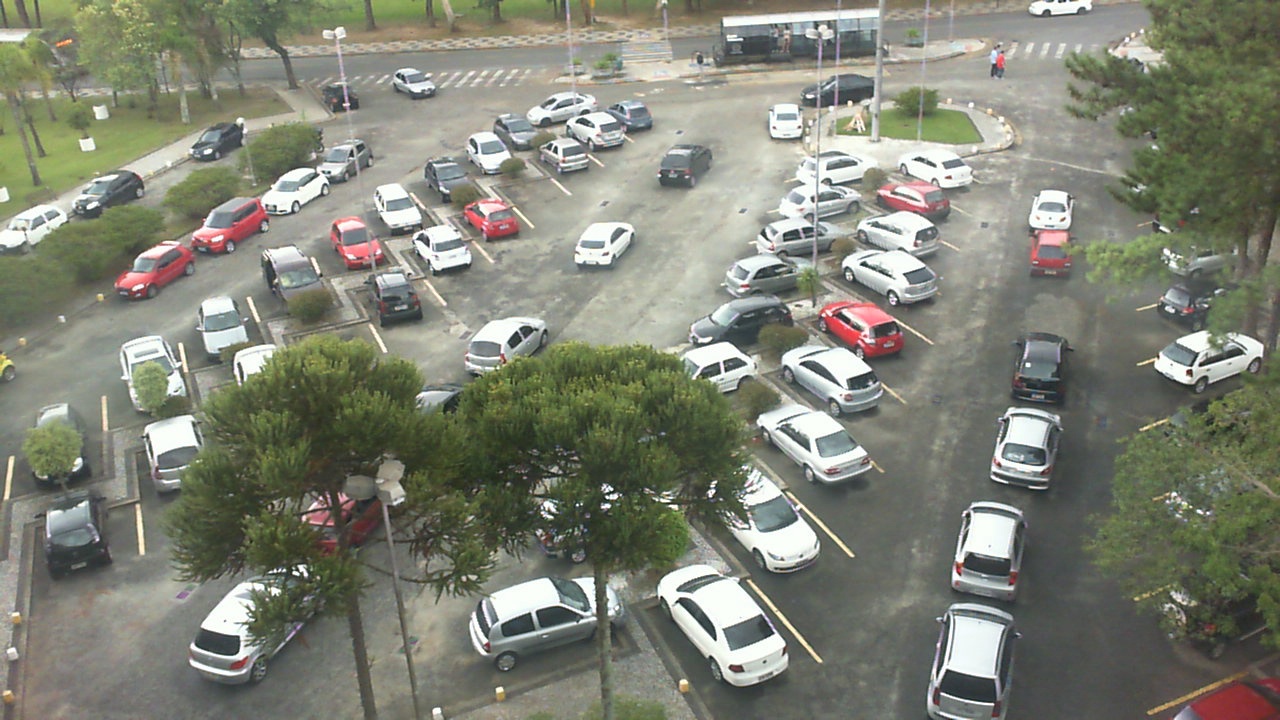
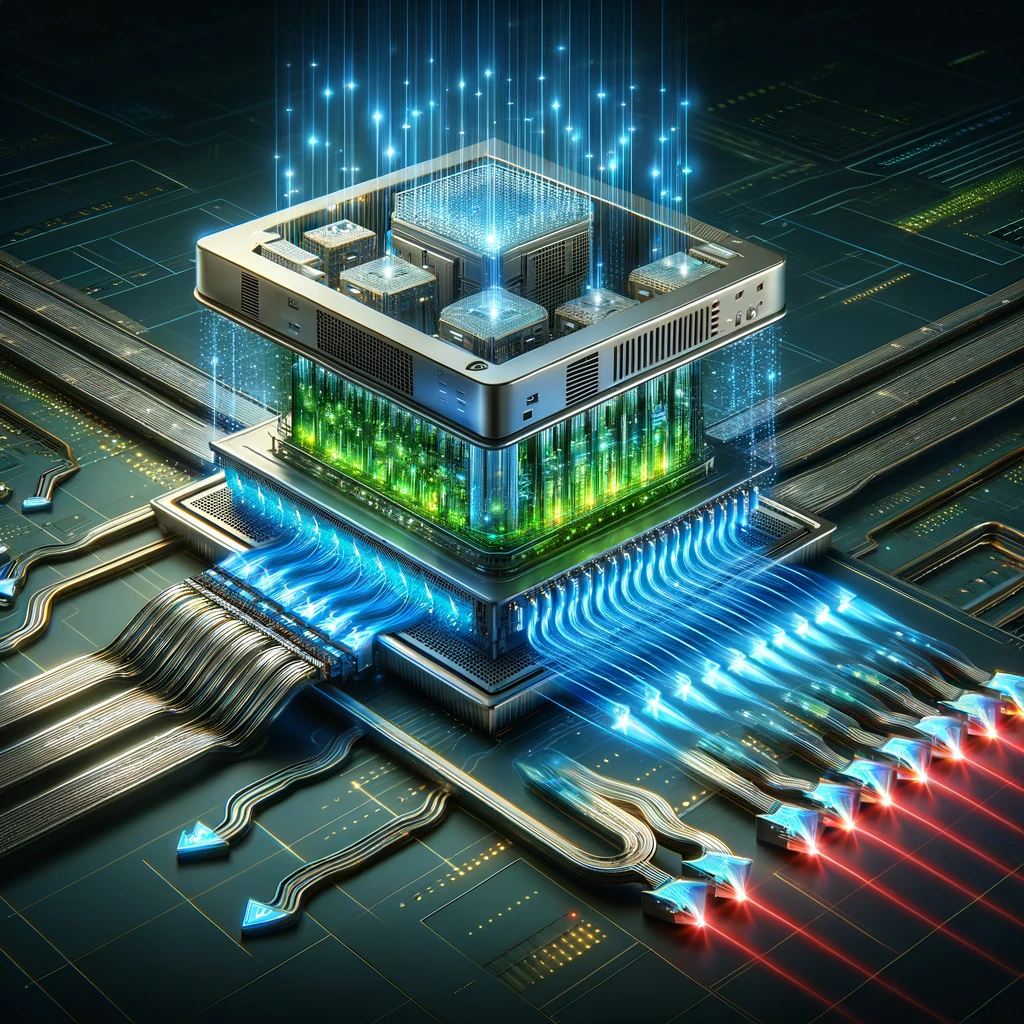
processing large amounts of data on the edge.
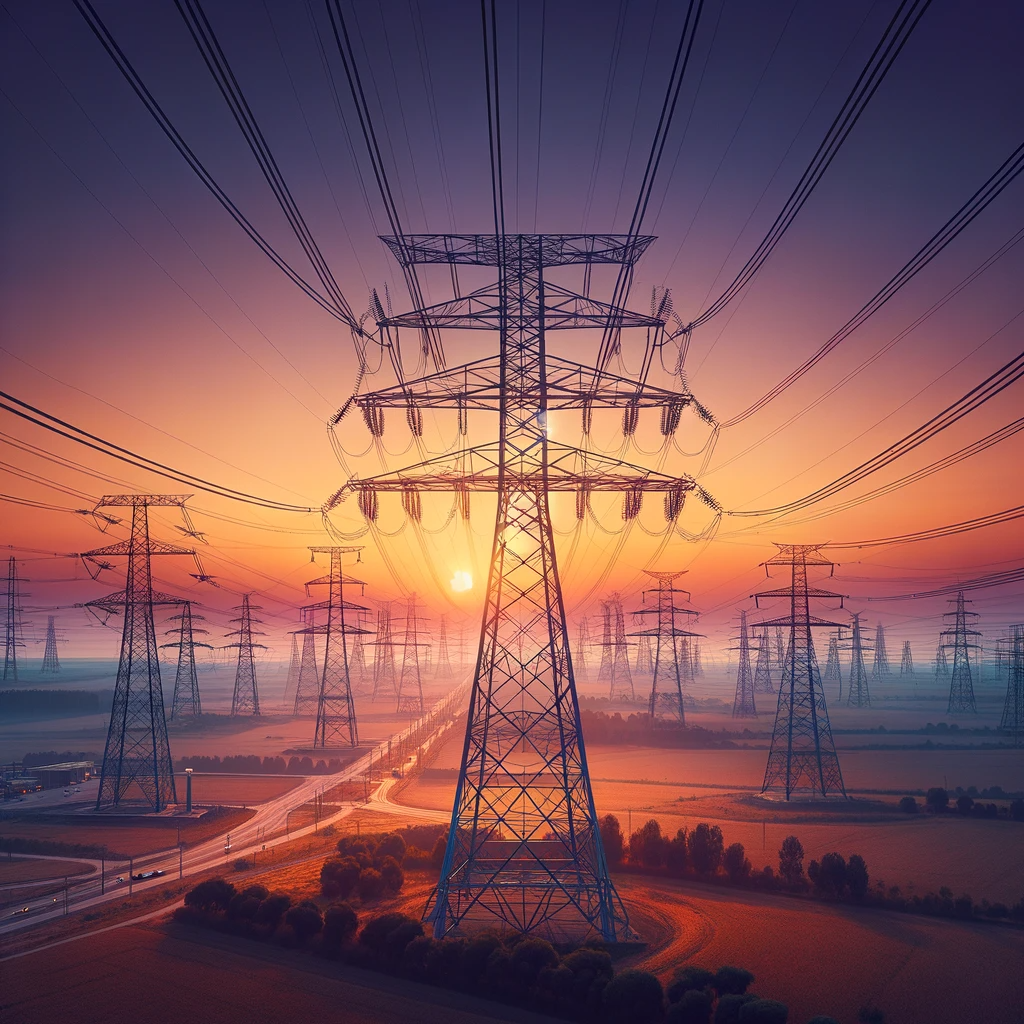
This project aims to develop a framework for fault diagnosis in transmission lines through machine learning
LATEST RESEARCHS
___
Almeida, P. R. L., Oliveira, L. S., Silva Jr, E., Britto Jr, A., Koerich, A., PKLot – A robust dataset for parking lot classification, Expert Systems with Applications, 42(11):4937-4949, 2015. (pdf)
Almeida, P. R. L., Alves, J. H., Oliveira, L. S., Hochuli, A. G., Fröhlich, J. V., & Krauel, R. A. Vehicle Occurrence-based Parking Space Detection. In 2023 IEEE International Conference on Systems, Man, and Cybernetics (SMC). (pdf)
Ceschin, F., Botacin, M., Gomes, H. M., Pinagé, F., Oliveira, L. S., & Grégio, A. (2023). Fast & Furious: On the modelling of malware detection as an evolving data stream. Expert Systems with Applications, 212, 118590. (pdf)
Pena, E. H., de Almeida, E. C., & Naumann, F. (2021). Fast detection of denial constraint violations. Proceedings of the VLDB Endowment, 15(4), 859-871. (pdf)
Santos, S., Kepe, T. R., & Alves, M. A. Improved Computation of Database Operators via Vector Processing Near-Data. In 2023 IEEE 35th International Symposium on Computer Architecture and High Performance Computing (SBAC-PAD). (pdf)
Ribas, M. E. M., Mendes, H. B., Oliveira, L. E. S., Zanlorensi, L. A., Almeida, P. R. L. Using Deep Neural Networks to Quantify Parking Dwell Time. In 2024 IEEE 23th International Conference on Machine Learning and Applications. (pdf)
Alves, P. L., Hochuli, A., Oliveira, L. E., Almeida, P. R. L. Optimizing Parking Space Classification: Distilling Ensembles into Lightweight Classifiers. In 2024 IEEE 23th International Conference on Machine Learning and Applications. (pdf)
AREAS OF INTEREST
___
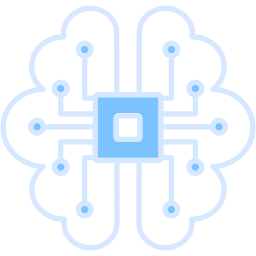
Machine Learning
Machine learning is a field of artificial intelligence where systems are designed to learn and improve from experience without being explicitly programmed. It involves algorithms that enable computers to identify patterns, make predictions, and learn from data to perform tasks
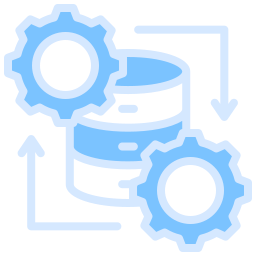
Stream Processing
Stream processing refers to the real-time analysis and handling of continuous streams of data. It involves the ingestion, processing, and analysis of data as it is generated, allowing for immediate insights and actions
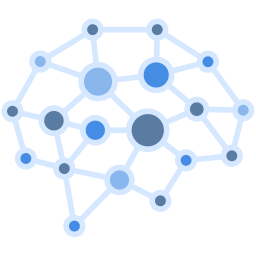
Deep Neural Networks
Deep neural networks are complex artificial neural networks with multiple layers that learn intricate patterns from data without requiring feature engineering. They're adept at recognizing features and have been highly successful in tasks like image recognition and language processing
Smart Cities
Smart cities integrate technology and data to enhance the quality of life for residents and improve city operations. They utilize interconnected sensors, IoT devices, data analytics, and AI to optimize various aspects like transportation, energy usage, waste management, public safety, and overall sustainability
Image processing and Classification
Image processing is the manipulation and analysis of images to enhance or extract useful information. It includes tasks like filtering, enhancing, and transforming images. Image classification, a subset of image processing, focuses on categorizing images into predefined classes or categories using machine learning algorithms.
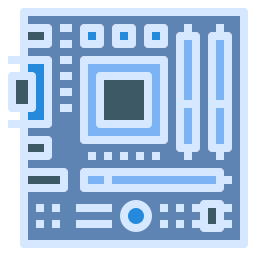
Hardware
Hardware refers to the physical components of a computer system or electronic device. We focus on prototyping hardware with specialized purposes, such as including vector instructions in memory to make data processing faster.

